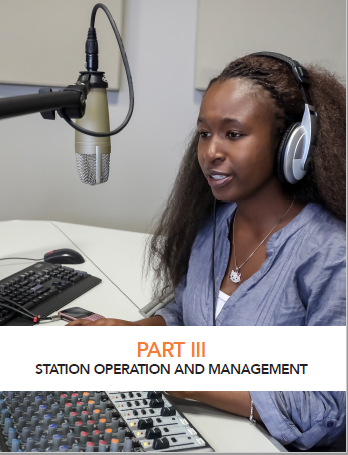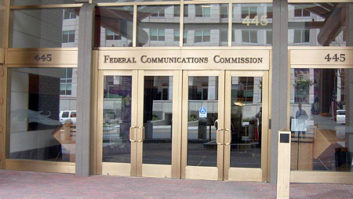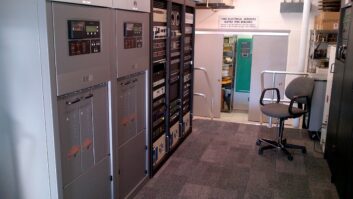
Do you know precisely what information needs to be included in your station log? Are you current with the rules governing gaming ads? Do you know the legal definitions of obscenity and plugola?
A short new training course from the National Association of Broadcasters can help you or your employees with these questions.
The association is offering the scenario-based training to help people in U.S. radio have a better understanding of regulations from the Federal Communications Commission.
The course includes a lesson and four “learning activities” that take less than an hour to work through.
You also get an online PDF of the NAB’s longstanding guidebook that summarizes relevant FCC rules and policies about programming and station operation.
The guide has been updated for 2021. Its material is divided into four sections.
The Content section explains rules about the broadcast of phone conversations, contests and promotions, defamation and privacy, hoax broadcasts, obscenity, payola and similar topics. Your air talent and promotions folks definitely need to be current on this material.
The Advertising section covers alcohol, lotteries and gaming, political advertising, tobacco and marijuana issues and donor acknowledgements, among other things. Some of these topics are sensitive and fast-changing and may vary by your locale. This is obviously an important section for your sales team.
Station Operation & Management digs into topics like the EAS rules, EEO, elimination of the main studio rule, RF radiation, station logs and tower lighting.
And there’s a whole section on Public Files & Reporting. I think most broadcasters forgot to review those rules in recent years, given the rash of consent decrees that the FCC has recently announced; the settlements don’t involve financial penalties, but sooner or later I suspect the commission will decide that broadcasters have now had fair warning to get their online public files in order.
“Radio Rules: A Guide to FCC Regulations for Radio Stations” is written so that anyone working in radio can understand it. While the course and guidebook don’t replace your station attorney, they might save you from having to make an uncomfortable call to that same lawyer down the road.
The course with PDF costs $89.99 unless you are an NAB member, then the price drops to $29.99. Info is at https://education.nab.org/courses/28060.







